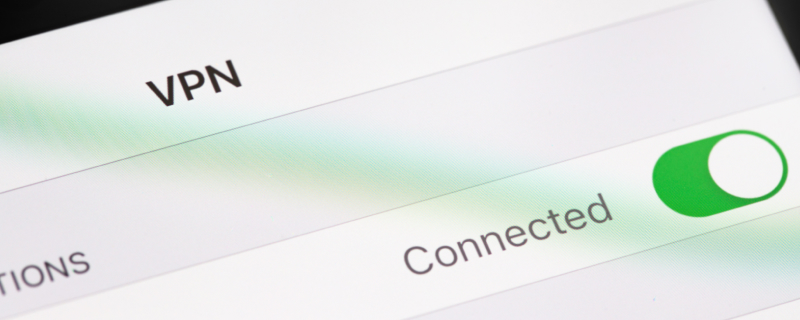
- 6 min read
- Aug 23, 2023

Virtual Private Networks (VPNs) are pivotal in providing secure, private connections over the internet. However, not all VPN protocols offer the same level of security. In this post, we’ll explore the top VPN protocols and identify the ones you should avoid in 2023.
OpenVPN is one of the most widely used VPN protocols, known for its reliability and robust security. It provides strong encryption and works across various platforms. Unless you have specific needs that OpenVPN can’t meet, this protocol is a strong contender for most users.
Internet Key Exchange version 2 (IKEv2) combined with IPSec is another popular choice. This protocol is particularly suited for mobile devices, given its ability to handle network changes between Wi-Fi and cellular data smoothly.
WireGuard is a newer protocol, praised for its simplicity and speed. It’s designed to offer better performance and a leaner structure, which makes it easier to audit for security issues. Many see WireGuard as the future of VPN protocols.
While the above protocols are excellent choices, there are others that you should avoid due to potential security vulnerabilities.
Point-to-Point Tunneling Protocol (PPTP) is an older protocol that, despite its fast speeds and easy setup, has known security vulnerabilities. Avoid this protocol if you’re seeking strong privacy and security.
Layer 2 Tunneling Protocol (L2TP) combined with IPSec offers better security than PPTP, but it still falls short when compared to newer protocols. L2TP/IPSec can also struggle with speed due to its double encapsulation of data.
Secure Socket Tunneling Protocol (SSTP) is a Microsoft protocol. Although it provides a secure connection and bypasses firewalls effectively, its ownership by Microsoft raises potential privacy concerns.
When selecting a VPN protocol, consider your specific needs regarding security, speed, and compatibility. OpenVPN, IKEv2/IPSec, and WireGuard are generally secure choices, while PPTP, L2TP/IPSec, and SSTP should be used with caution.
By understanding VPN protocols, you can make informed decisions and optimize your VPN experience. Here at GnuVPN, we’re committed to offering reliable, secure, and efficient VPN services tailored to your needs.



